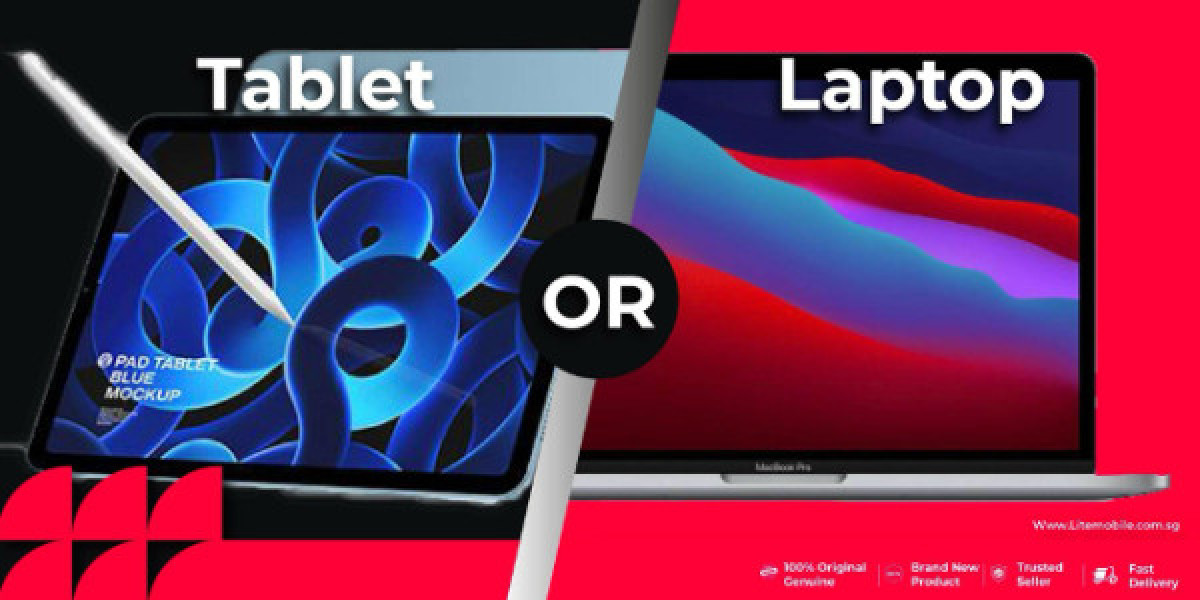Whether you’re a student, a business professional, or someone who uses technology for daily light tasks, each device offers unique advantages.
This blog will break down the benefits and drawbacks of tablets and laptops, and suggest which device might be best suited for various types of users.
1. For Students
Tablet
Pros:
- Portability: Tablets are lightweight and easy to carry around campus or between classes.
- Note-Taking: With a stylus, tablets can be great for taking handwritten notes, drawing diagrams, and annotating PDFs.
- Battery Life: Typically, tablets offer longer battery life, which is perfect for a full day of classes.
Cons:
- Limited Multitasking: Although improving, multitasking on tablets can still be less efficient than on laptops.
- Typing: Even with detachable keyboards, typing extensive essays or reports can take time and effort.
Laptop
Pros:
- Performance: Laptops are better suited for demanding tasks like running software for design, coding, or heavy research projects.
- Multitasking: Laptops handle multiple applications and browser tabs with ease, making them ideal for comprehensive research and study sessions.
- Storage: More storage options are available, which is essential for storing large files, software, and projects.
Cons:
- Weight: Laptops are bulkier and heavier, which can be inconvenient for students who need to carry them all day.
- Battery Life: Generally shorter battery life compared to tablets, especially during intensive use.
Recommendation: For students, a laptop is generally the better choice due to its versatility and performance. However, a high-end tablet with a keyboard and stylus can be a great option for those prioritizing portability and note-taking.







